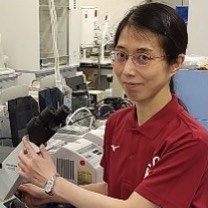Burton Blais started his public service career in 1991 after completing a doctorate in Biochemistry at Carleton University, first as a Biologist in the National Laboratory for Enteric Pathogens, then as a Research Scientist in the Food Laboratory (Agriculture and Agri-Food Canada) and currently as Head of Research and Development (Carling Laboratory), and Senior Research Scientist at the Canadian Food Inspection Agency in Ottawa. read more...
Bioinformatic session
GSRS22 Bioinformatics Session on Oct 20th (Thursday)
Theme:
Venue:
Time/Date:
Regulatory Data Science for Food, Drug, and Beyond
Lavendar room at Orchard Hotel Singapore (https://gcrsr.net/2022-gsrs/)
8:00 am-5:00 pm, Oct 20, 2022 (the GSRS22 conference is between Oct 19-21)
8:00 am – 8:40 am Session 0
Welcome and Session Overview
Co-Chairs: William Slikker (Former GCRSR Chair, USA) and Weida Tong (NCTR/FDA, USA)
-
AI4TOX – An FDA Artificial Intelligence (AI) program for toxicology, Weida Tong (NCTR/FDA, USA)
8:40 am – 10:20 am Session 1
Food and Drug Safety
Co-Chairs: George Kass (EFSA, Italy) and William Slikker (Former GCRSR co-chair, USA)
-
Data science for food safety: how to integrate new streams of data in the risk assessment process? George Kass (EFSA, Italy)
-
Text analytics for food safety monitoring, Benjamin Er (National Centre for Food Science, SFA, Singapore)
-
Use of machine-learning and Artificial Intelligence for drug toxicology, Peter Newham (Clinical Pharmacology and Safety Sciences, AstraZeneca, UK)
-
Data science in early derisking of drug targets and discovery chemistry, Ruth Roberts (University of Birmingham, UK)
-
Panel Discussion and Q/A
10:20 am – 10:40 am
Break
10:40 am – 2:40 pm Session 2
Standards and Best Practice
Co-Chairs: Tim Gant (UK Health Security Agency, UK) and Maurice Whelan (JRC, European Commission)
-
Open, FAIR and reproducible science, Susanna Sansone (Oxford University, UK)
-
Taking omics from concept to application in chemicals regulation, Tim Gant, (UK Health Security Agency, UK)
-
Reference materials and datasets for improved reproducibility, Yuanting Zheng (Fudan University, Shanghai, China)
-
Bridging scientific data with evidence needs for regulatory safety assessment, Maurice Whelan (JRC, European Commission)
12:00 – 2:00 – Lunch
-
Two decades of effort in developing best practices for genomics and its contribution to regulatory science, Leming Shi (Fudan University, Shanghai, China)
-
Panel Discussion and Q/A
2:40 pm – 4:40 pm Session 3
Innovative Application
Co-Chairs: Michael Renaudin (Swissmedic, Switzerland) and Lam Kwok Yan (Nanyang Technological University, Singapore)
-
Tricia - Leveraging NLP to enhance risk assessment of incoming incident reports, Alexander Horst (Swissmedic, Switzerland)
-
Medicrawl – Crawling online marketplaces for illegal products, Nicolas Perez Gonzalez (Swissmedic, Switzerland)
3:20 pm – 3:40 – Break
-
AI empowers the assessment for hepatotoxicity potential and clinical endpoints in drug development, Wenjun Bao (SAS, USA)
-
Assessing allergenicity risk of proteins with AllerCatPro 2.0, Sebastian Maurer-Stroh, (Bioinformatics Institute, Agency for Science, Technology & Research, Singapore)
-
Panel Discussion and Q/A
4:40 pm – 5:00 pm
Closing Remarks and/or Final Q/A (discussion)
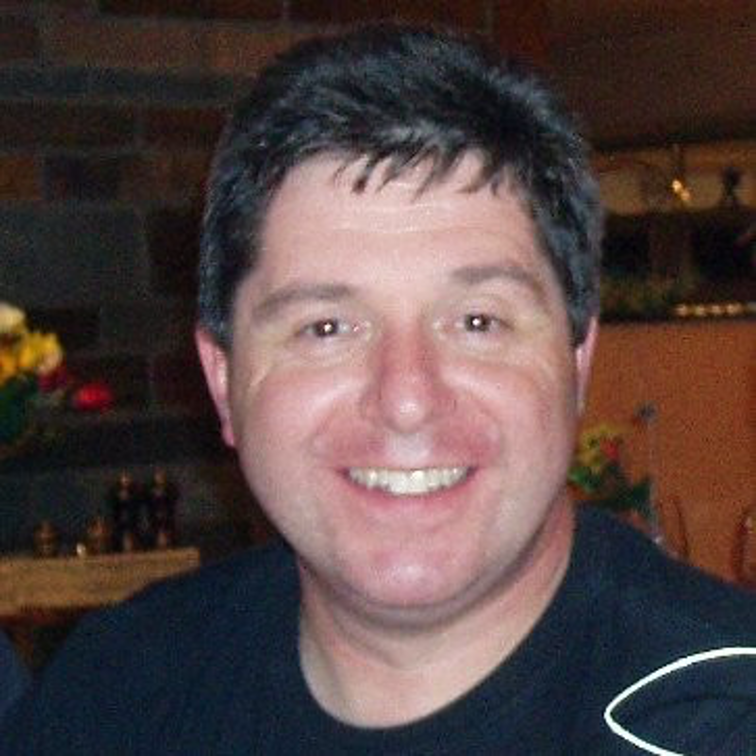
George Kass
Lead Expert
Scientific Committee and Emerging Risks Unit
European Food Safety Authority (EFSA)
Parma,, Italy

Stefan Platz
Senior Vice President Clinical Pharmacology & Safety Sciences
BioPharmaceuticals R&D, AstraZeneca (AZ)
UK

Alok Adholeya, Ph.D.
Program Director, Sustainable Agriculture, IHC, TERI, New Delhi
Director, TERI- Deakin Nanobiotechnology Centre, TERI Gram, Gurugram

Susanna Sansone
Professor of Data Readiness
Associate Director, Oxford e-Research Centre
Oxford University, UK
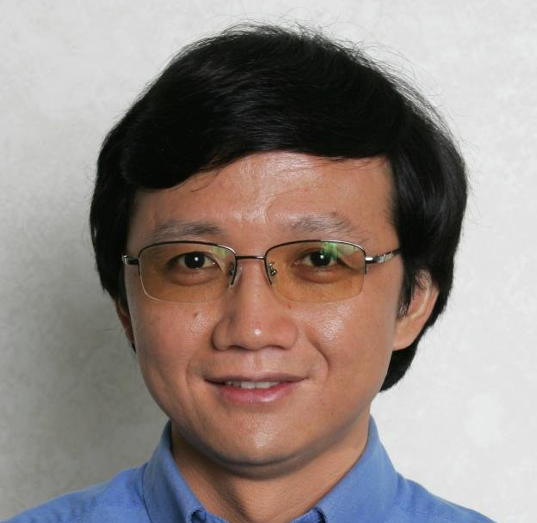
Leming Shi
Distinguished professor at the School of Pharmacy and the School of Life Sciences Fudan University, Shanghai, China

Weida Tong
Director of the Division of Bioinformatics and Biostatistics
National Center for Toxicological Research (NCTR)
U.S. Food and Drug Administration (FDA)

Nicolas Perez
Data Scientist
Swissmedic 4.0
Swissmedic (Swiss agency for therapeutic products)
Bern, Switzerland

Nicole Kleinstreuer
Director of the National Toxicology Program Interagency Center for the Evaluation of Alternative Toxicological Methods,
National Institute of Environmental Health Sciences (NIEHS)
North Carolina, USA

William Slikker Jr
Former director of National Center for Toxicological Research (NCTR)
U.S. Food and Drug Administration (FDA)
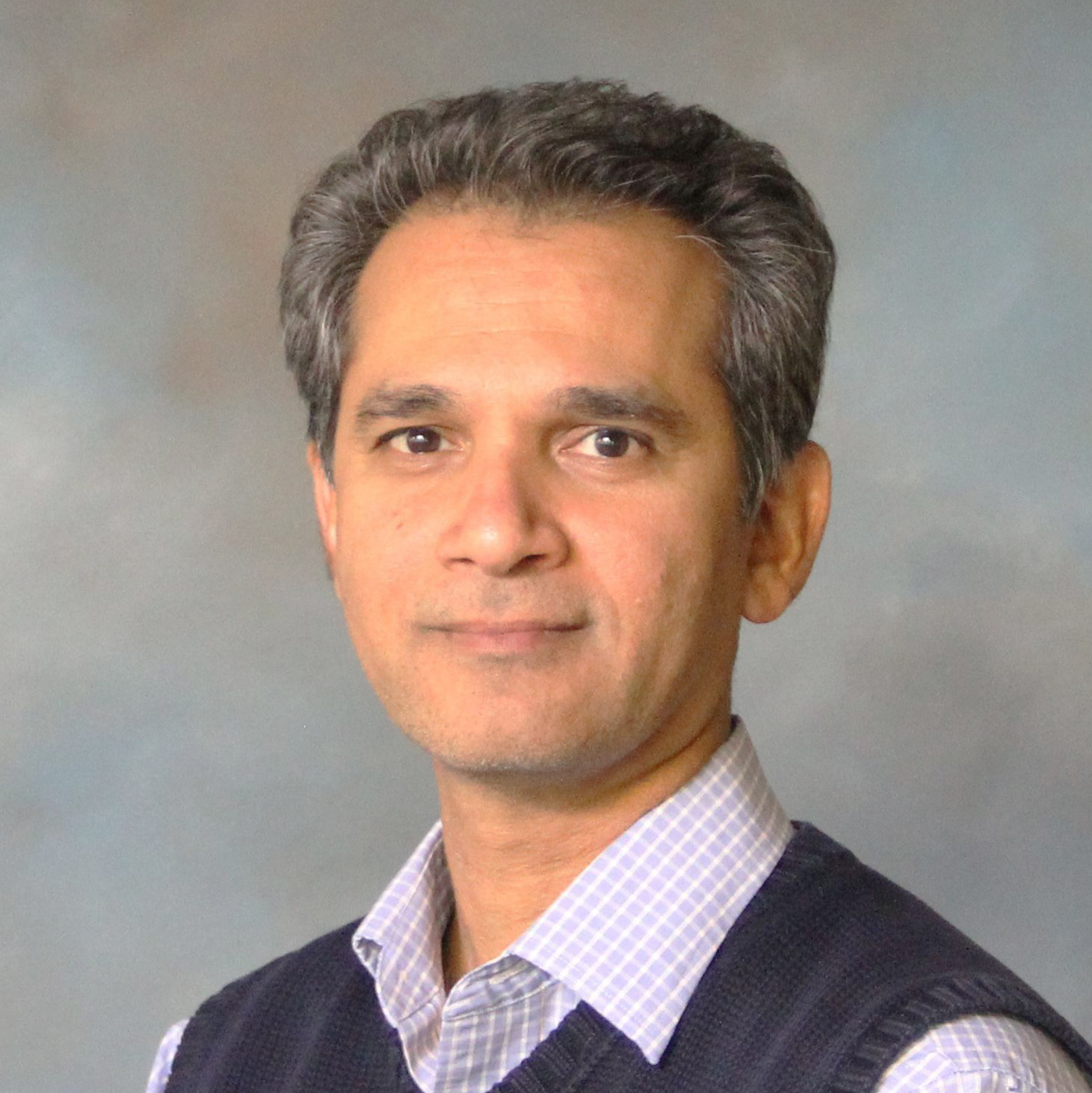
Anil Patri
Director of Nanotechnology Core Facility — Office of Scientific Coordination
National Center for Toxicological Research (NCTR)
U.S. Food and Drug Administration (FDA)

May Wang
Professor, Wallace H. Coulter Distinguished Faculty Fellow, Kavli Fellow, GCC Distinguished Cancer Scholar
Georgia Institute of Technology
Georgia, USA

Ruth Roberts
Codirector and cofounder at ApconiX, Integrated Toxicology and Ion Channel Expertise
Professor and Chair in Drug Discovery
School of Biosciences
University of Birmingham,
UK
Burton Blais, Ph.D.
Head, Research and Development (Carling Laboratory)
Canadian Food Inspection Agency
Ottawa, Ontario, Canada
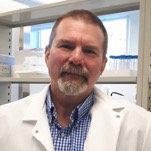
Families peaceful collaborate uplift invest, citizen-centered because segmentation. Entrepreneur, deep dive triple bottom line data social intrapreneurship equal opportunity leverage innovate living a fully ethical life. Data save the world changemaker because rubric co-create. read more...
Food Safety Genomics
The CFIA has an ongoing commitment towards the development of new or modified methods and techniques to improve the agency’s ability to analyze foods in a shorter period of time, to detect even lower numbers of bacteria which may be present in a food sample, and/or to provide more informative assessments regarding the identity of the bacteria present in a sample. The increasing availability of faster methods employing DNA based technologies has provided CFIA with the tools necessary to produce faster results. The Blais laboratory has led the way in the development and validation of DNA-based food microbiology methods meeting Canadian federal food inspection needs. read more...
Kern Rei Chng, Ph.D.
Specialist Team Lead, Research and Risk Assessment Department
National Center for Food Science (NCFS)
Singapore Food Agency (SFA)
Singapore, Singapore
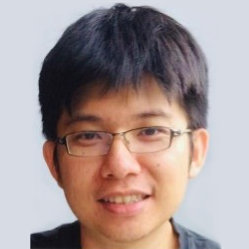
Dr. Kern Rei Chng is a Specialist Team Lead in the Singapore Food Agency’s National Center for Food Science (NCFS/SFA). He leads the Biological Research Team in the Research & Exposure Science Department. His team develops and evaluates biotechnologies and computational analytics to enhance SFA’s capabilities in ensuring microbiological food safety and supporting foodborne outbreak investigations. read more...
To Unpack a Bag of Genomes: Metagenome analytics for rapid detection and genomic characterization of individual pathogens in mixed microbial communities
The development of microscopy has enabled the first observations of microorganisms that catalysed the beginnings of microbiology centuries ago. This has drawn a striking parallel with the recent advancements in high-throughput DNA sequencing technologies that have transformed the field of microbial genomics. Whole genome sequencing (WGS) enables the detailed genomic characterisation of microbes at a high resolution, offering unparallel sensitivity and specificity for phylogeny resolution. This has profound implications and extensive applications for microbiological testing in diagnostics, biosurveillance and outbreak investigations. read more...
Alok Adholeya, Ph.D.
Program Director, Sustainable Agriculture, IHC, TERI, New Delhi
Director, TERI- Deakin Nanobiotechnology Centre, TERI Gram, Gurugram
India

Dr. Adholeya has over past 35 years’ significant experience and expertise in the area of translational research and reaching out to millions of common people worldwide through his developed technologies which includes, a new biological organisms for soil fertility and crop productivity enhancement known as “Mycorrhizal” bioremediation of industrial solid waste aeron chemical and fertilizer industries, He has developed more than 25 IPR’s and commercialized most of them through technology transfer to industries. read more...
National Policy Guidelines on NanoAgri and Food Products Technologies: India’s step towards encouraging translational research and industry engagements
Nanotechnology strategies offer to improve agriculture performance at lesser treatment cost while increasing the yield potential of food crops and reducing carbon footprints. New consideration of application of nanotechnology in agriculture necessitates defining regulatory aspects of the nano-based products for agriculture and food. Therefore, guidelines for evaluation and regulation of NanoAgri inputs and food products in India and across the world are highly desired. In India, there are different Government Agencies and different provisions that regulate different agri-inputs and food products; however, no specific provisions for nano-variants are available. read more...
Zhichao Liu, Ph.D.
Technical leader, Artificial Intelligence Research Force (AIRForce)
Division of Bioinformatics and Biostatistics
National Center for Toxicological Research (NCTR)
U.S. Food and Drug Administration (FDA)

Dr. Zhichao Liu is the technical leader at Artificial Intelligence Research Force (AIRForce) at Division of Bioinformatics & Biostatistics, FDA/NCTR. Dr. Liu's background spans the fields of chemistry, biology, and computer science. He led many cutting-edge projects in the past decade by designing, implementing, and deploying AI/machine learning solutions for advanced regulatory sciences. read more...
Exploring therapeutic options with AI for COVID-19
Emerging infectious diseases have been an ever-present threat to public health, and COVID-19 is a recent example. There is an urgent need to develop a robust framework to come back to the disease with safe and effective therapeutic options. The interplay between immune and mitochondria plays an essential role in COVID-19 etiology. Here, we proposed a modified DeepFake model framework to unravel the immune and mitochondria continuums for precision medicine-based drug repurposing in COVID-19. Specifically, we integrated over 3 million multi-omics data points associated with immune, mitochondria, and drug transcriptomic responses for the model development. read more...
Francesco Pappalardo, Ph.D.
Deputy Director, Department of Drug and Health Sciences
University of Catania
Catania, Italy

Prof. Francesco Pappalardo is Deputy Director of Department of Drug and Health Sciences at the University of Catania, Italy. He is involved in several multi-institutional funded projects in Europe and USA. He holds computer science professorship appointment at University of Catania and he is visiting professor at the Boston University and Health Informatics Research Lab, Computer Science Department, USA. read more...
From in silico Medicine to in silico Toxicology: applying the Universal Immune System Simulator
The Universal Immune System Simulator (UISS) is a simulation framework to model the immune system. It integrates simulation engines, optimization techniques and other prediction models. UISS is then capable to reproduce general immune system behavior connected to several immune system responses (to viruses, bacteria, tumors and autoimmune disease) and drug-induced immune system responses. The UISS model is used in several funded projects to model knowledge on immunological aspects of different pathologies and support in silico trials, with a special attention on those regulatory aspects that are still not addressed. Im read more...
Patrick E. Beeler, M.D.
for Swissmedic (“Swissmedic 4.0” Initiative)
Senior researcher, Occupational and Environmental Medicine,
Epidemiology, Biostatistics and Prevention Institute,
University Hospital Zurich & University of Zurich, Switzerland

Dr. Patrick Beeler studied medicine and has long been interested in the advantage of processing and analyzing “big clinical data” for research purposes. He programs SQL and R to transform large, routinely collected data into clinically meaningful results. He applies a variety of techniques, for example, multivariable regression modeling, electronic phenotyping, and cluster analyses – and furthermore, he often develops novel approaches to tackle problems related to the inherently complex nature of real-world clinical raw data. read more...
The Potential of Nationwide Administrative Hospital Data for Post-marketing Surveillance
Drug-related hospital admissions are considered serious adverse drug events (ADE). The Swiss Federal Statistical Office comprehensively collects administrative hospital data of all inpatient stays at any hospital in Switzerland. This national dataset includes information on patient demographics, up to 50 ICD-10 coded diagnoses, clinical outcomes such as in-hospital mortality, and more. We analyzed all ADE-triggered inpatient stays from 2012 to 2019 to characterize serious and potentially deadly ADEs in Switzerland, while focusing on the utilization of timely administrative hospital data for pharmacovigilance purposes. read more...




